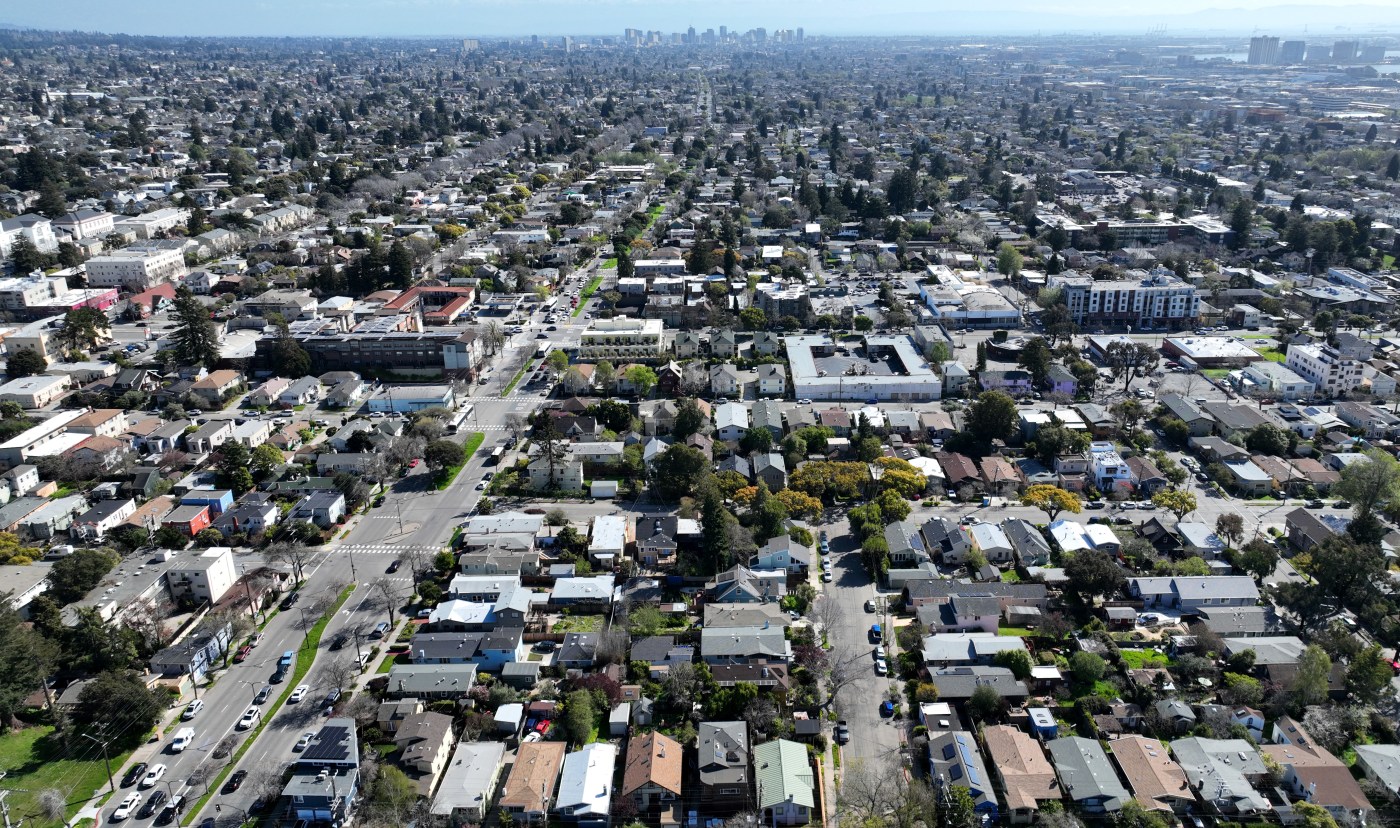
Berkeley officials who worried public would show up to their homes settle suit
BERKELEY — The city has settled a lawsuit filed by members of Berkeley’s Commission on Disability more than a year after commissioners alleged people with disabilities did not have adequate accommodations to join remote meetings.
“The city of Berkeley has historically been a leader in disability rights and a model for other cities. While it took legal action, Berkeley has agreed to a just settlement and improved policy for commissioners who need to participate remotely,” Rena Fischer, one of three plaintiffs in the case, said in a press release announcing the settlement agreement this week.
In a federal lawsuit filed last August, Commission on Disability members Kathi Pugh, Helen Walsh and Fischer alleged the city’s interpretation of the Brown Act, a 1953 state law guaranteeing open and transparent government meetings, put disabled residents in harms way.
The lawsuit argued that requiring board members to share the address from where they were attending meetings, and also allow the public to participate from that location regardless of whether the space was public or the official’s private homes, put seniors and people with disabilities at risk. It also violated the Americans with Disabilities Act, they argued.
As part of the settlement, the city has agreed to a new policy to provide remote attendance options for board members and commissioners with disabilities and does not limit the number of meetings attended remotely.
“We are happy to have reached a mutually-agreeable settlement of this litigation, and as always, Berkeley is committed to being a leader in advocating for the rights of people with disabilities, including city commissioners with disabilities,” City Attorney Farimah Faiz Brown said in a statement Thursday.
Related Articles
T.I., Tiny win $71M in lawsuit against makers of L.O.L. Surprise O.M.G. dolls
Lawsuit filed against suspected DUI driver who killed 11-year-old South Bay girl
California AG, nonprofits sue ExxonMobil over plastic waste
California city sues state over law prohibiting ‘forced outing’ in schools
Silicon Valley billionaire Thomas Siebel sued Enel SpA over trade secret theft allegations
The suit came after COVID-era restrictions were lifted and it was announced last March that various boards and commissions would begin meeting in person without a remote option, unlike the hybrid meetings of the City Council, all council committees and the Zoning Adjustments Board.
Pugh, Fischer and Walsh had each requested remote accommodations given that their health conditions affect their mobility. Being immunocompromised made them more vulnerable to the coronavirus, they said.
Pugh once had a request to join a meeting remotely denied because it was made too close to the meeting date, leaving staff unable to update the agenda to include her home address. Fischer and Walsh raised safety concerns after public meeting agendas listed their home addresses and were told the city would hire attendants to help manage public participation if strangers should up there for meetings, according to the legal filing.
All three said they’d joined the commission to advocate for the city’s disabled residents and believed they’d be provided with all the reasonable accommodations they’d need to participate equally and serve the community.
“Remote access opens the doors to access to communications and the lived experience of persons with disabilities and seniors in our communities,” Walsh said in the press release. “I am immune suppressed and without being able to request an accommodation of remote access I would not be able to serve my community or be able to participate in government or public affairs. Now I can and so can others!”


